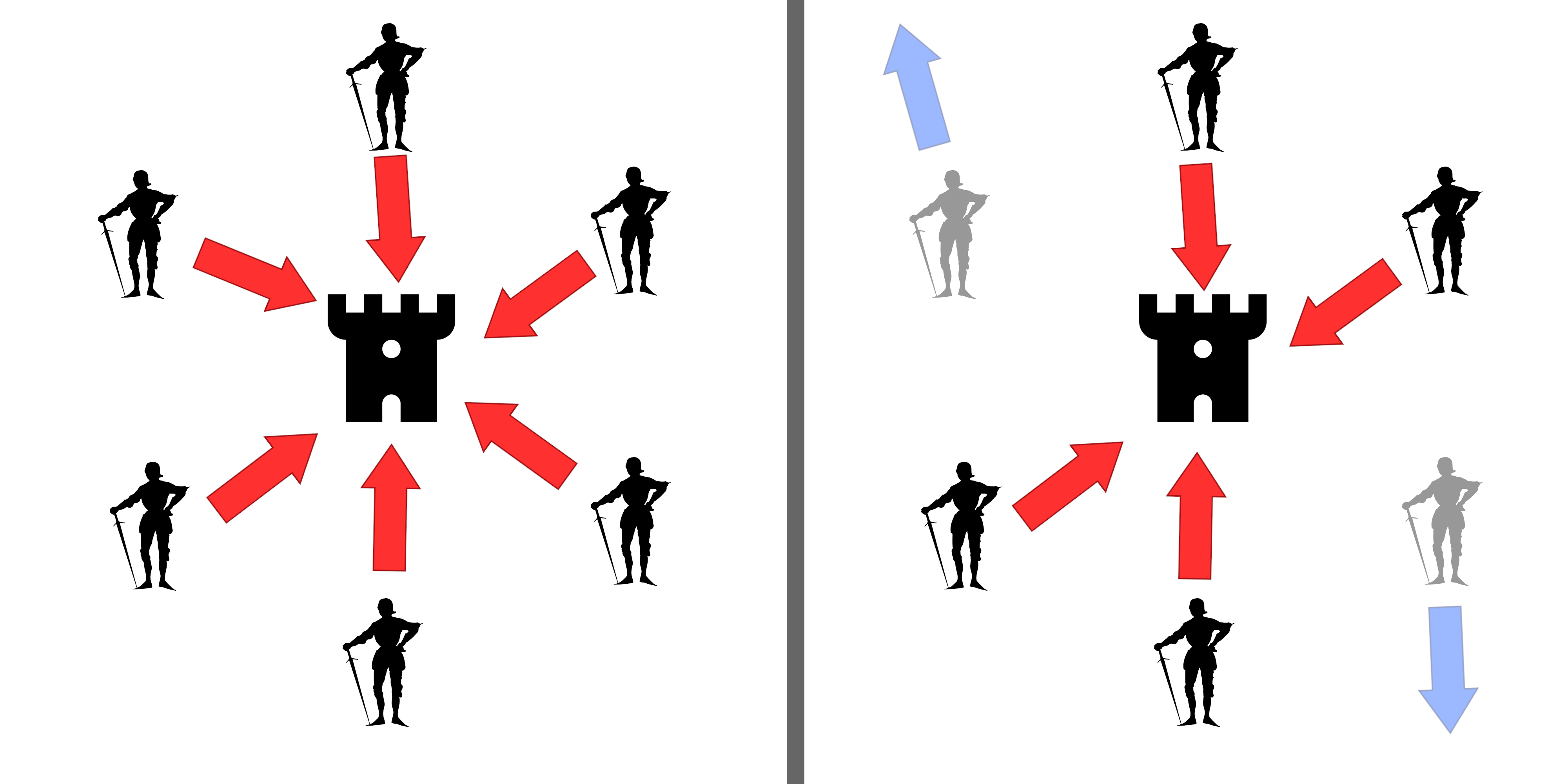|
Michael Dermokaites
Michael Dermokaites ( el, Μιχαήλ Δερμοκαΐτης) was an 11th-century Byzantine The Byzantine Empire, also referred to as the Eastern Roman Empire or Byzantium, was the continuation of the Roman Empire primarily in its eastern provinces during Late Antiquity and the Middle Ages, when its capital city was Constantinopl ... '' hypostrategos'' of Debar. He is descended from the Byzantine noble Dermokaites family. References Sources Byzantium's Balkan frontier: a political study of the Northern Balkans, 900–1204, p. 130 11th-century Byzantine people Byzantine generals 11th century in Serbia {{Byzantine-bio-stub ... [...More Info...] [...Related Items...] OR: [Wikipedia] [Google] [Baidu] |
Byzantine
The Byzantine Empire, also referred to as the Eastern Roman Empire or Byzantium, was the continuation of the Roman Empire primarily in its eastern provinces during Late Antiquity and the Middle Ages, when its capital city was Constantinople. It survived the fragmentation and fall of the Western Roman Empire in the 5th century AD and continued to exist for an additional thousand years until the fall of Constantinople to the Ottoman Empire in 1453. During most of its existence, the empire remained the most powerful economic, cultural, and military force in Europe. The terms "Byzantine Empire" and "Eastern Roman Empire" were coined after the end of the realm; its citizens continued to refer to their empire as the Roman Empire, and to themselves as Romans—a term which Greeks continued to use for themselves into Ottoman times. Although the Roman state continued and its traditions were maintained, modern historians prefer to differentiate the Byzantine Empire from Ancient Rome a ... [...More Info...] [...Related Items...] OR: [Wikipedia] [Google] [Baidu] |
Hypostrategos
''Strategos'', plural ''strategoi'', Latinized ''strategus'', ( el, στρατηγός, pl. στρατηγοί; Doric Greek: στραταγός, ''stratagos''; meaning "army leader") is used in Greek to mean military general. In the Hellenistic world and the Eastern Roman Empire the term was also used to describe a military governor. In the modern Hellenic Army, it is the highest officer rank. Etymology ''Strategos'' is a compound of two Greek words: ''stratos'' and ''agos''. ''Stratos'' (στρατός) means "army", literally "that which is spread out", coming from the proto-Indo-European root *stere- "to spread". ''Agos'' (ἀγός) means "leader", from ''agein'' (ἄγειν) "to lead", from the proto-Ιndo-Εuropean root *ag- "to drive, draw out or forth, move”. Classical Greece Athens In its most famous attestation, in Classical Athens, the office of ''strategos'' existed already in the 6th century BC, but it was only with the reforms of Cleisthenes in 501 BC ... [...More Info...] [...Related Items...] OR: [Wikipedia] [Google] [Baidu] |
Debar
Debar ( mk, Дебaр ; Albanian: ''Dibër''/''Dibra'' or ''Dibra e Madhe;'' ) is a city in the western part of North Macedonia, near the border with Albania, off the road from Struga to Gostivar. It is the seat of Debar Municipality. Debar has an ethnic Albanian majority of 74% and is North Macedonia's only city in which ethnic Macedonians do not rank first or second demographically. The official languages are Macedonian and Albanian. Name The name of the city in Macedonian is ''Debar'' (Дебар). In Albanian; ''Dibër''/''Dibra'' or ''Dibra e Madhe'' (meaning "Great Dibra", in contrast to the other Dibër in Albania). In Serbian ''Debar'' (), in Bulgarian ''Debǎr'' (), in Turkish ''Debre'' or ''Debre-i Bala'', in Greek, ''Dívrē'' () or ''Dívra'' (), in Ancient Greek ''Dèvoros'', Δήβορος and in Roman times as ''Deborus''. Geography Debar is surrounded by the Dešat, Stogovo, Jablanica and Bistra mountains. It is located 625 meters above sea level, next to ... [...More Info...] [...Related Items...] OR: [Wikipedia] [Google] [Baidu] |
11th-century Byzantine People
The 11th century is the period from 1001 ( MI) through 1100 ( MC) in accordance with the Julian calendar, and the 1st century of the 2nd millennium. In the history of Europe, this period is considered the early part of the High Middle Ages. There was, after a brief ascendancy, a sudden decline of Byzantine power and a rise of Norman domination over much of Europe, along with the prominent role in Europe of notably influential popes. Christendom experienced a formal schism in this century which had been developing over previous centuries between the Latin West and Byzantine East, causing a split in its two largest denominations to this day: Roman Catholicism and Eastern Orthodoxy. In Song dynasty China and the classical Islamic world, this century marked the high point for both classical Chinese civilization, science and technology, and classical Islamic science, philosophy, technology and literature. Rival political factions at the Song dynasty court created strife amongst th ... [...More Info...] [...Related Items...] OR: [Wikipedia] [Google] [Baidu] |
Byzantine Generals
A Byzantine fault (also Byzantine generals problem, interactive consistency, source congruency, error avalanche, Byzantine agreement problem, and Byzantine failure) is a condition of a computer system, particularly distributed computing systems, where components may fail and there is imperfect information on whether a component has failed. The term takes its name from an allegory, the "Byzantine generals problem", developed to describe a situation in which, in order to avoid catastrophic failure of the system, the system's actors must agree on a concerted strategy, but some of these actors are unreliable. In a Byzantine fault, a component such as a server can inconsistently appear both failed and functioning to failure-detection systems, presenting different symptoms to different observers. It is difficult for the other components to declare it failed and shut it out of the network, because they need to first reach a consensus regarding which component has failed in the first pla ... [...More Info...] [...Related Items...] OR: [Wikipedia] [Google] [Baidu] |

